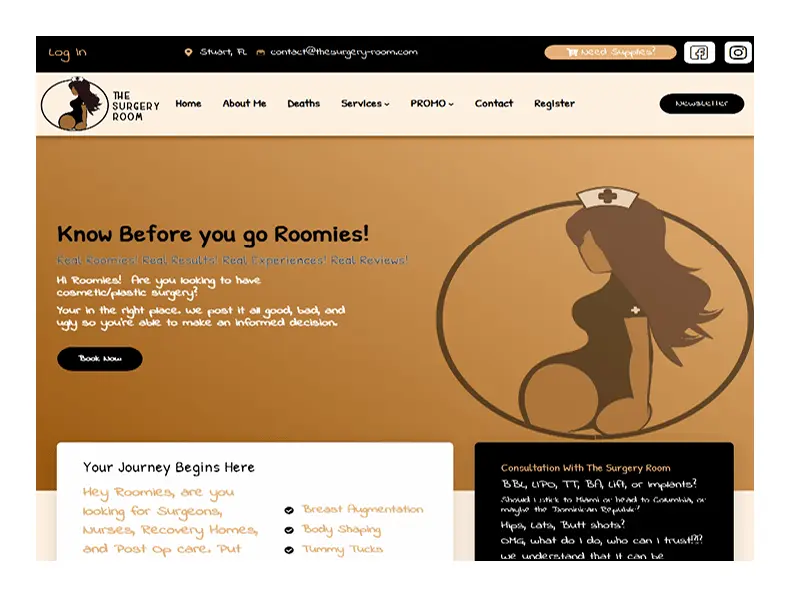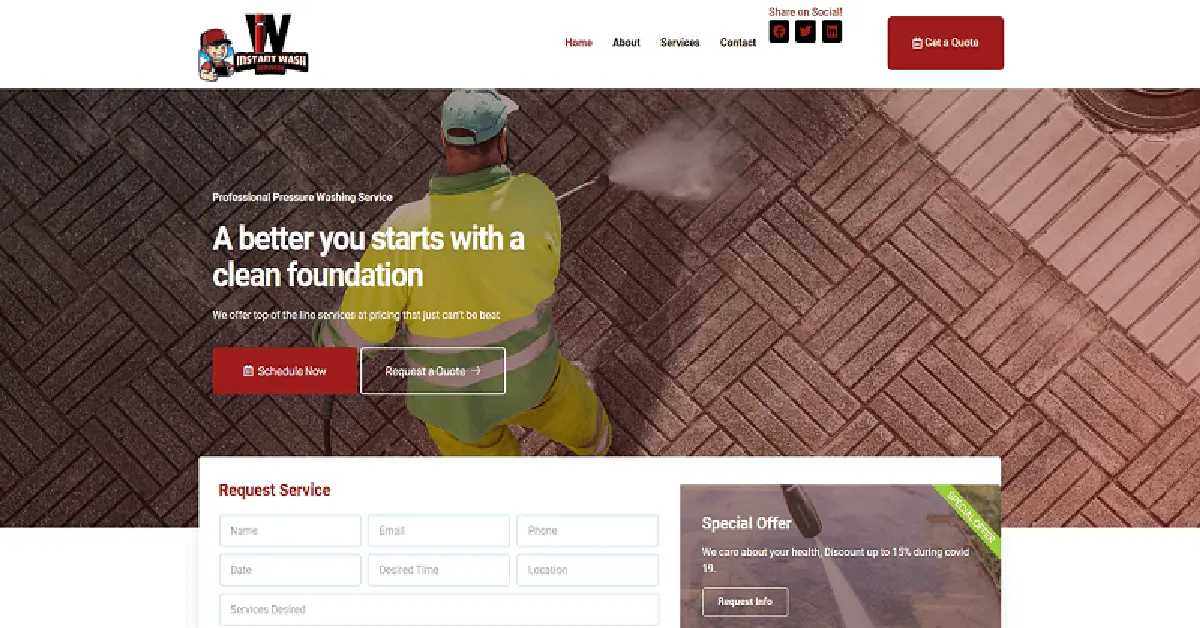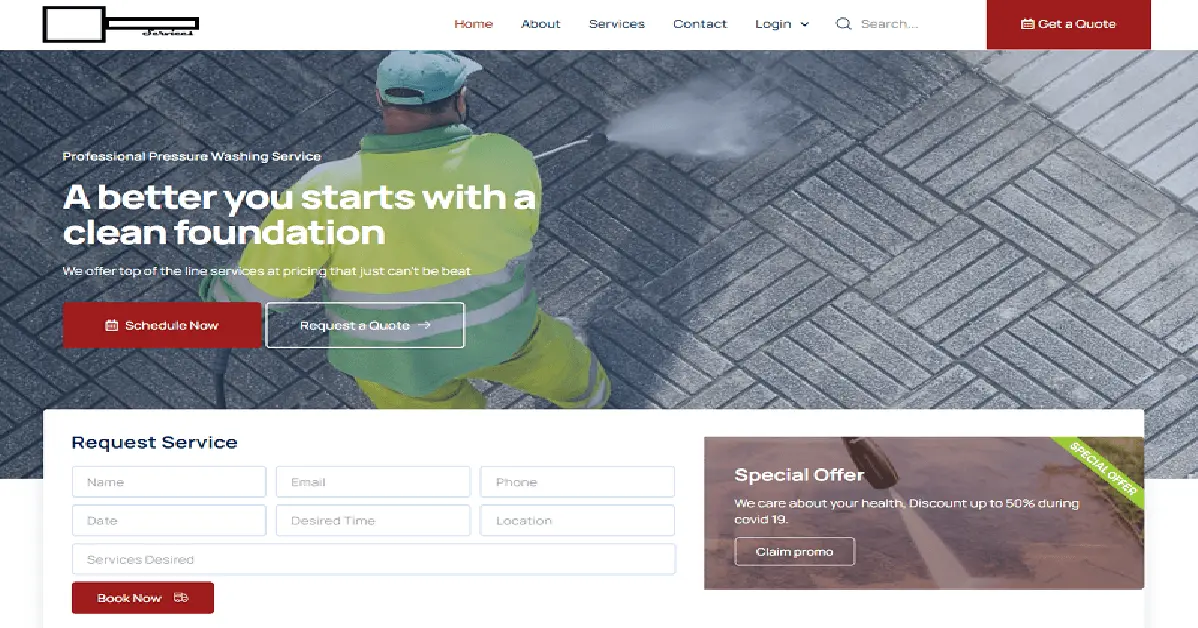Blogging on a business website is easy, right? You throw up a couple of posts about your company or products every month, and the leads come rolling in. Well, if that’s the approach you have taken to blogging, you will probably be disappointed in the results.
The blog on your business website is a valuable piece of internet real estate. A blog provides an opportunity to reach out to a target audience, connect with customers and prospects, and, yes, generate leads and sales. But if you make some of the following blogging mistakes, you are probably missing out on a significant marketing opportunity.
Choosing Topics only you like
It can be challenging to find suitable topics for a business blog. As any content writer knows, writing about topics that don’t interest or excite you can be a chore. However, it’s crucial to remember the purpose of your blog. To entertain and educate your target audience. Try not to make the mistake of only writing on topics that you find interesting. Instead, consider what type of content will provide value for your readers.
Writing Too Formally
Some business sectors demand a formal style of writing. For example, you would not expect an accountant to be flippant about a piece of crucial tax advice. However, it is best to adopt a relatively informal tone in blog posts in most sectors. If you don’t, your articles will come across like a formal business briefing document. And business briefings are not the most entertaining type of content to read.
Being Unoriginal
You might have checked out your competitors’ websites for ideas. And there is nothing fundamentally wrong with doing that. However, it is original content that will attract visitors to your blog. And content that contains fresh ideas is more likely to be shared. It’s best to consider looking for different angles on topics, even if the original inspiration came from an existing idea.
Making Assumptions About Readers’ Knowledge
You may be an expert in your field, but the readers of your blog likely are not. It would be a mistake to overuse industry jargon and acronyms. The acronym SEO, for example, is widely understood by regular Internet users, web designers, and content writers. But someone who rarely uses the internet might not know that SEO stands for search engine optimization. It’s best to pitch your blog posts to the non-expert reader in most sectors. Or at least explain the meaning of acronyms and jargon within the post.
Going Too Wide
Internet users have short attention spans and don’t like searching for the answers they need. It’s generally best to avoid spreading the subject matter too wide. Instead, stick to one narrow topic in each blog post, and provide a relatively brief but thorough explanation of that point. If a blog post appears to be expanding into too many sub-topics, you would probably be better off splitting the article into several smaller posts.
Not Structuring Posts
Most people scan blog posts and read only the points that interest them. That’s why you see so many how-to and tips articles on the web. And one thing you will notice about this type of content is that the pages are broken up into bite-size sections. If your blog posts look like a page out of a novel, you are making a mistake. Instead, try breaking up the text into headed subsections and use bullet points and lists rather than long sentences. Structured articles with subheadings are easier to scan and less daunting to read.
No Visuals
Visuals enhance the appearance of a page and will increase engagement. Visual can also be easier to understand than written explanations. If most of your blog posts are text only, consider adding images, graphics, and videos. However, be sure that you use only high-quality visuals. Poor-quality videos and photos have an immediate negative impact on the user experience. They will dissuade many people from reading the constant.
Not Proofreading and Editing
People will pick up even the most minor mistakes on a blog post. Even though you may think one spelling mistake is not an issue, it will distract the reader and reflect poorly on your brand. Website users also do not appreciate challenging reads. It’s best to avoid overly long sentences and complex language. A grammar checker such as Grammarly will pick up most of these mistakes. However, writing tools like this are not infallible, so it is advisable to proofread and edit content before posting it on your blog.
Conclusion
The crucial takeaway from the above is to write for the reader. Aim to create original material that answers questions or solves problems. Write in a style that your readers can relate to and make the content easy to scan. And remember, the blog on a business website is a resource for the readers, not an extended advertisement for your company. As always, don’t forget to Like, Subscribe, and Share. For those of you that build WordPress websites, or are thinking about getting into Website Design. You may consider entering our Monthly Giveaway. This month’s prize winners will each receive an annual license for Elementor Pro™. We have 3 licenses to giveaway and multiple entries are allowed daily. Top 3 entries with a verified email address wins. Pretty simple right? So head on over to the Giveaway and enter today!
















